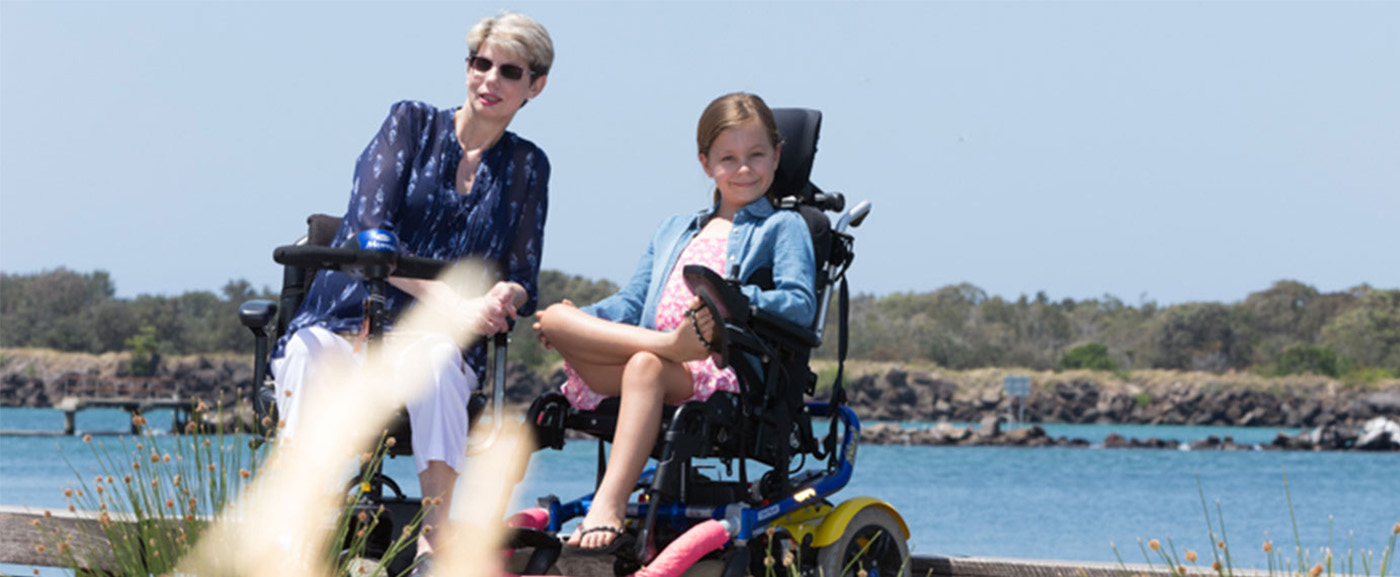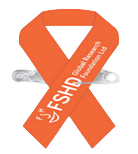FAQ’s
There are a number of places where you can find up to date information on research into FSHD. The Foundation now has a blog where new evidence will be discussed and dissected. If you would like to be kept informed about when new blog posts go live email admin@fshdglobal.org to be added to the mailing list.
FSH Society and Friends of FSH Research also have updates on research. Treat-NMD is another excellent resource.
You may also want to search for research papers on pubmed . Pubmed is the global repository of every scientific paper published. If you come across a study that you would like summarised or explained email admin@fshdglobal.org. We are happy to create posts summarising new research and suggestions are always welcome!
There are many sources of help for people with FSHD. You may be looking for assistance in getting access to mobility aids, or be looking for help with work, modifications to your home, support socially. There is help out there. The following list is not exhaustive. It may be helpful for you to connect with people in your community with FSHD, other muscular dystrophies or people living with disability.
It is important to be aware that to get access to many of these services you may need a confirmed diagnosis. For more information on diagnosis of FSHD please refer to our ‘Finding answers’ page .
A good starting point for finding help is the Commonwealth Department of Social Services. They have information on the services that may be available and links to your local state services.
With the rollout of the NDIS many people will fortunately start to receive better access to care and services as well as mobility support. Full roll out of the NDIS is not due to happen until 2020. Until then your state department of disability services should be able to give you information. For more information on the NDIS in your area refer to the NDIS website
In terms of employment, the government runs a scheme called Job Access designed to help people access funded assistance to help with continuing to work. This program is funded by the commonwealth and it is done at no cost to the employee or the employer. As part of the scheme they help to identify and remove barriers in the workforce. This may include funding for setting up an office in a way that works best for you such as buying arm rests, specialised chairs, or may include mobility aids to help you get to work and get around at work such as power assisted wheels or help funding an electric wheelchair. They also provide training for disability inclusion for your workplace.
If you are unable to work centrelink administers the government disability support pension. For more information on eligibility and to apply see their website.
There are other non-governmental organisations may provide equipment grants or help with fundraising such as Variety, Rotary and Lions.
The Muscular dystrophy association is another source of information and support. There are a number of support services that they provide that you may be able to get access to.
The journey of someone with FSHD varies so widely that it is difficult to determine whether you will need to use a wheelchair or not. Statistics from the USA suggest that about one in five people with FSHD do eventually become dependent on a wheelchair for mobility. However, what we hear from our FSHD Community is that many people will require a wheelchair, at least for longer distances. This is for a variety of reasons including falls prevention, fatigue management and community access, not just because they are completely unable to walk. There are a number of aides available to help you maintain mobility prior to using a wheelchair, such as Ankle Foot Orthosis for foot drop, walking sticks, wheeled walkers and crutches.
The name facioscapulohumeral dystrophy comes from the muscles that are most commonly affected in people with FSHD.
Facio – face
Scapulo – back and shoulder
Humeral – upper arm
However, this is actually misleading. While some people may display this pattern of weakness it is not the same for all people with FSHD and for many people weakness may start in these areas and then progress to other areas such as the trunk, hips and legs.
There are a number of complications that are associated with FSHD. There is no guarantee that you will experience any of these. However, some of them are relatively common.
FSHD is associated with vision problems. This is more common in children with FSHD. Regular eye checks are recommended.
Heart problems are uncommon in FSHD, but they can occur.
Respiratory issues are also not common, but may occur so regular assessment is important. Night time apnoea may also be an issue. If you are feeling particularly tired in the mornings or experience symptoms like waking up with a headache then it is worth speaking to your health professional about having your breathing assessed while you are sleeping.
Fractures unfortunately are common for people with FSHD. Some of this is because of weak muscles causing poor balance or walking leading to trips and falls. Some of it is due to lower bone density. Prevention of falls involves orthotics, walking aids, or even the use of a wheelchair if you are finding walking difficult. There are also medicines that improve bone density, speak to your health professional about whether you need to take any of these.
Muscle weakness can also cause problems with joints, tendons and ligaments. Sprains and strains are common and can be very painful. Like fractures, prevention involves use of orthotics and walking aids.
As different muscles begin to weaken due to the genetic fault others need to work harder to maintain function. This can cause significant imbalances in the muscles pulling on joints, creating misalignments and causing pain. People with FSHD may experiencing cramping and muscle spasms which can be very painful. In addition, many people with FSHD report inflammation as an issue which causes pain.
Pain management is extremely important with any chronic condition, and there are specialists and pain management clinics available to help you best identify what is causing you pain and the best way to manage it. Pain is not an inevitable consequence of FSHD. It is important to remember that. You do not need to put up with being in pain simply because you have a chronic condition. Pain can have far reaching consequences on your emotions and can severely impact your daily life.
There are a lot of treatments that are available. Pain is a highly subjective sensation, so what works for pain relief for one person may not have an effect for another. Non-pharmacological methods such as cognitive behavioural therapy and mindfulness can be as effective as analgesics. Explore the possibilities with your health professional. NPS MedicineWise has an excellent resource for chronic pain management which can be found here.
Unfortunately, due to the fact that FSHD is a genetic condition that damages your muscles you can’t build back the muscle that is lost. However, you may be able to support your muscles to slow down the progression of weakness through a healthy diet and gentle exercise. There are a range of nutritional products sold to assist with muscle health. There is very little scientific evidence that they have an effect however, they may assist in maintaining healthy muscles that are not affected by FSHD. You should discuss any potential benefits with your neurologist before buying any products as some can be very expensive, so it is a large investment for little benefit.
There may be some benefits to gentle exercise. Recent studies have shown that exercise is not harmful and that light to moderate activity (15 – 30 minutes on a stationary bike 3 times a week) may help maintain muscle strength. Maintaining a healthy diet is good advice for anyone to follow.
There is a lot of research being done in the area of exercise and rehabilitation, it is hoped that this is an area that can significantly improve quality of life for people with FSHD. For updates on this area sign-up to our monthly EDM.
FSHD is a condition that affects everyone differently. Some may be very severely affected, perhaps even requiring support for eating and breathing. While others may barely notice any weakness at all.
At the moment it is very difficult to say conclusively how FSHD will effect someone based on their genetics. Although it is known that people with fewer repeats tend to have more severe illness. This is not true for everyone. As diagnostics become better and better we should be able to start to piece this together and remove some of the uncertainty in this condition.




